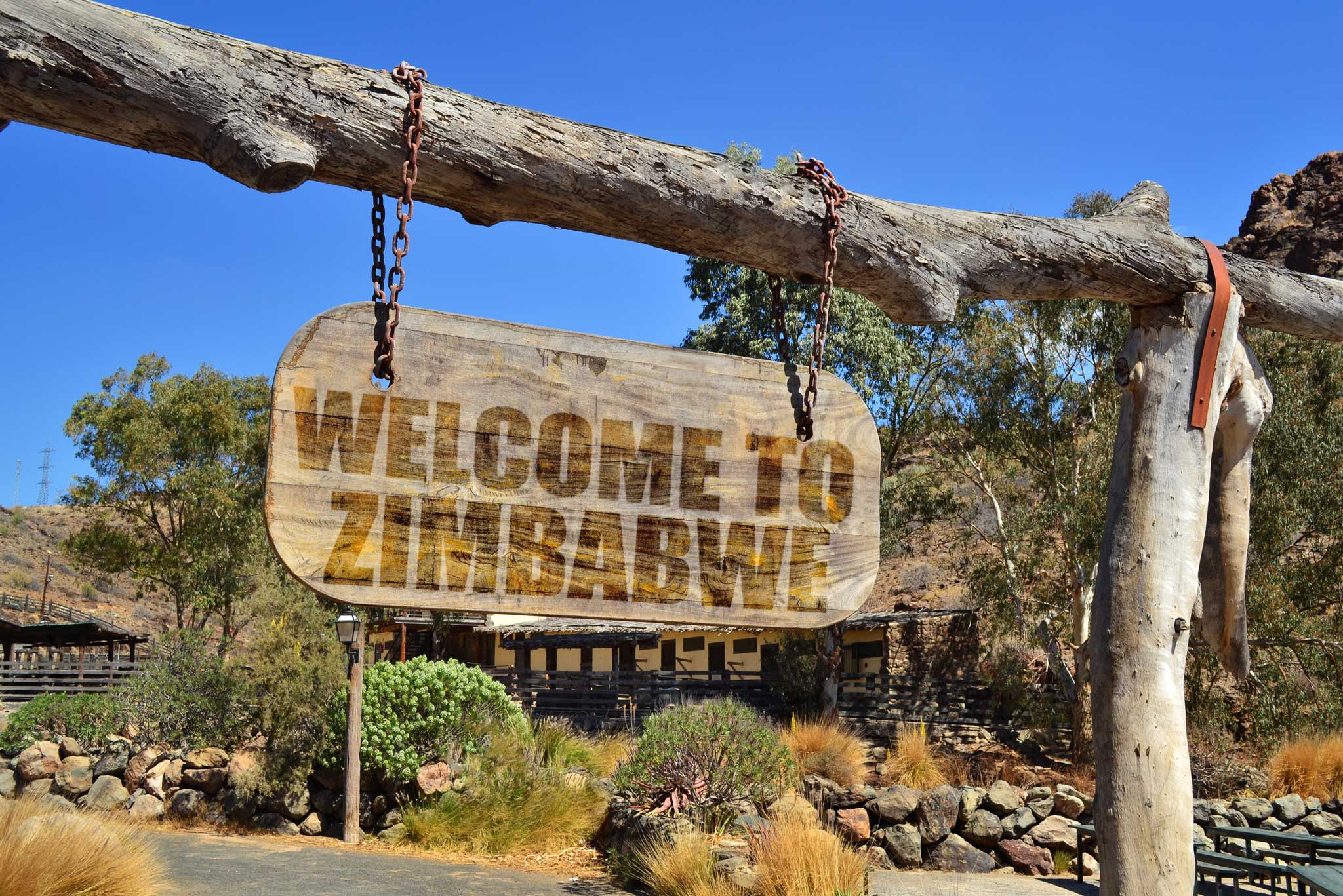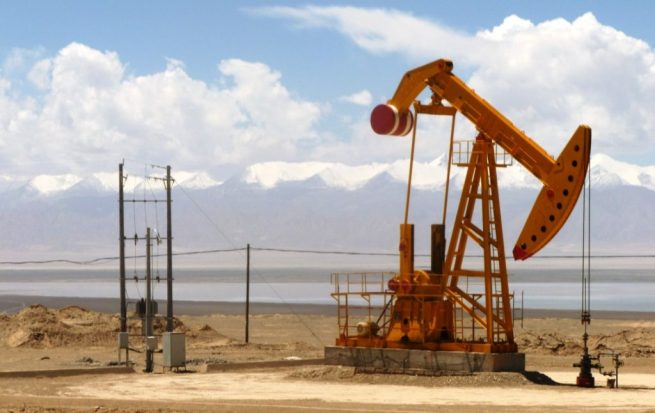Oil project creates 100 jobs for locals
INVICTUS Energy, the Australian firm exploring for oil and gas in Zimbabwe, has recruited over 100 people from Muzarabani, where it is searching for the hydro-carbons, to work on its seismic survey, which will locate appropriate sites for test well drilling.
The recruitment of over 100 local employees who will be involved in the seismic campaign has been filled from the local community in line with the company’s strong commitment to local content and employment.
The Australia Stock Exchange (ASX) listed company said the seismic survey was scheduled to begin next month while drilling of the exploration wells could start early next year.
Seismic survey is a process used in oil and gas exploration and entails gathering subsurface vibrations that help indicate the possible existence of hydro-carbons deposits prior to drilling.
Invictus managing director Scott MacMillan said in an update to investors the seismic programme was progressing well following awarding on contract to Polaris Natural Resources of Canada and drilling management contract to Australian firm Aztech Well Construction.
Invictus said it has already received strong interest from multiple drilling rig contractors in the region and further afield to provide a rig for the test well drilling campaign. The Australian company is reportedly concluding the technical evaluation of the rig contractor options ahead of short listing to participate in a formal process to select a rig
for the campaign.
“The seismic programme is progressing well with line clearing operations having commenced in mid July and recording scheduled to commence in August. We have been extremely pleased with the response for our recruitment for the field crew and have filled all the positions from within the local community,” Mr MacMillan said recently.
A fortnight ago, Invictus said more than 20 truckloads of seismic survey equipment had successfully docked at Durban Port in South Africa and were on their way to Harare, enroute to Muzarabani. The Invictus boss earlier said the seismic survey was a “big deal and first time it has been done in the country for 30 years”. The last serious oil searches
were done by French oil giant Mobil in the early 1990s.
Mr MacMillan said the drilling planning was progressing well with the completion of the preliminary Basis of Well Design (BoWD) completed, which will enable the ordering of long lead drilling items for fabrication.
In addition, he said the rig selection process was well advanced and the company has received strong interest from multiple drilling rig contractors in the region.
“We expect to complete the seismic survey in September quarter using a very experienced contractor in Polaris and together with Invictus have put in place a very experienced team to run the programme “The seismic programme will enable us to refine the Muzarabani-1 target defined from theexistingseismic dataset and help us fill our prospect inventory ahead of our basin opening drilling campaign,” he said.
The company intends to conduct, process, and interpret a minimum of 400 line kms of 2D seismic in order to refine the Mzarabani-1 drilling location and well path and identify additional prospectivity for the upcoming drilling campaign.
Polaris has conducted over 1 000 seismic projects since 1996 and introduced the first ‘low impact seismic crew’ into Africa in 2008. It has conducted over 15 projects in East Africa and has been well accepted in all communities where they have operated. The contractor will also deploy the world’s newest and smallest wireless recording nodes and
receivers. The Cabora Bassa Project encompasses the Muzarabani Prospect, a multitrillion cubic feet and liquids rich conventional gas condensate target, which is potentially the largest, undrilled seismically defined structure onshore Africa.
The delivery of the equipment for the seismic survey follows the approval by President Mnangagwa of the firm’s Petroleum Exploration and Product Agreement (PEDPA) in April this year. President Mnangagwa said the PEDPA agreement would provide a pathway for Zimbabwe to exploit its hydro carbons while discovery of commercial oil and gas deposits could bring significant downstream economic benefits.
The benefits expected include energy self-sufficiency, production of petro-chemicals, increased revenue to the fiscus, growth of exports, new jobs and emergency of downstream industries, among others. Invictus said earlier the PEDPA signed with the Government provides the framework for progression of the oil and gas project through exploration, appraisal, development and production phases as well as obligations and rights of each party during the project life-cycle.-herald.l.zw










